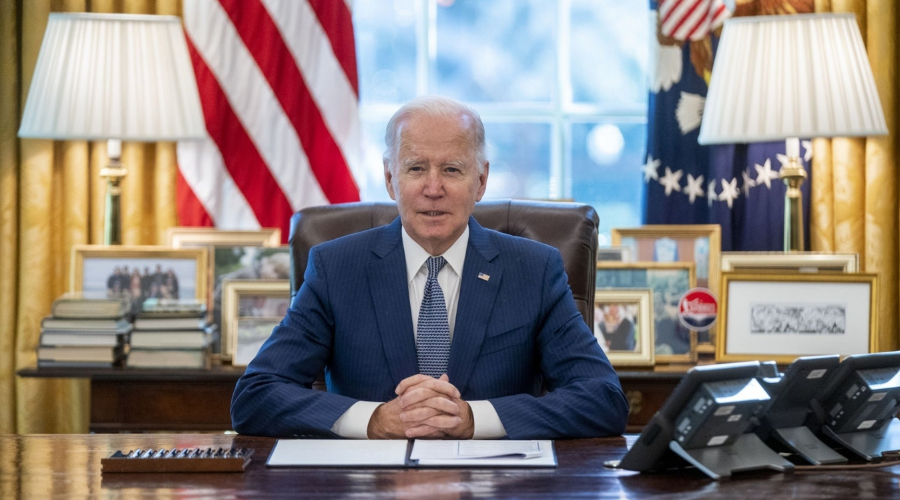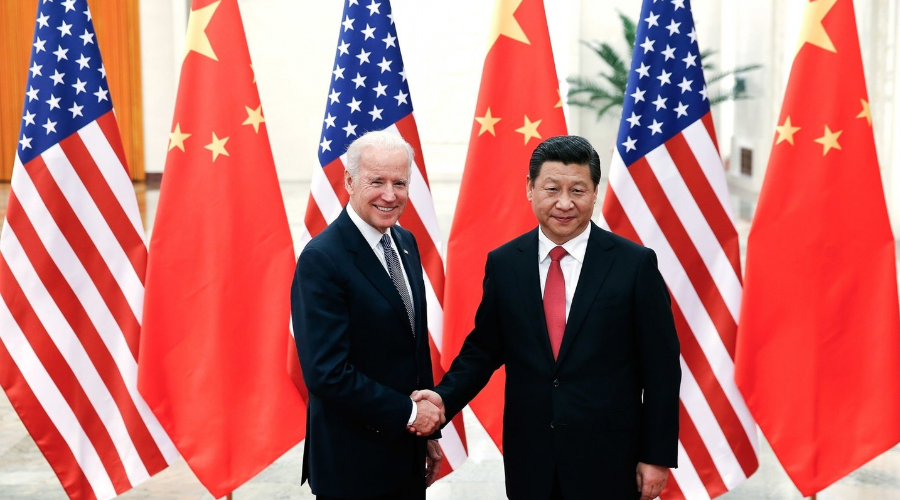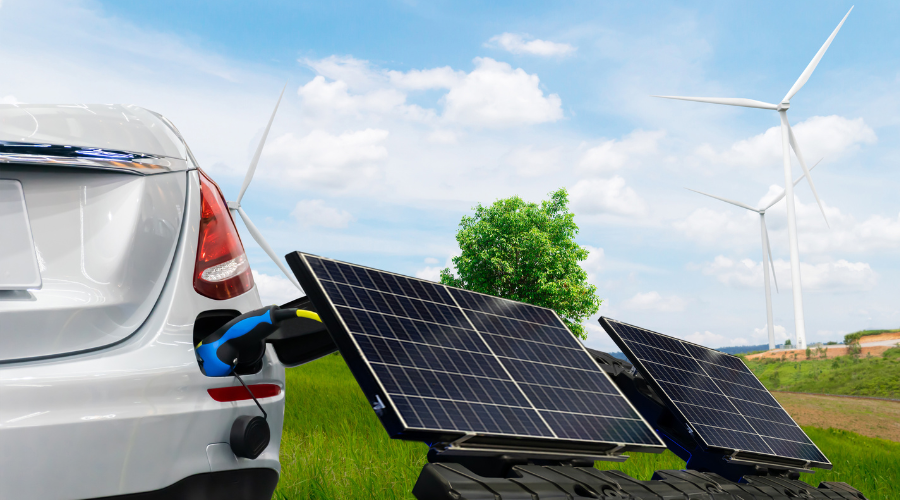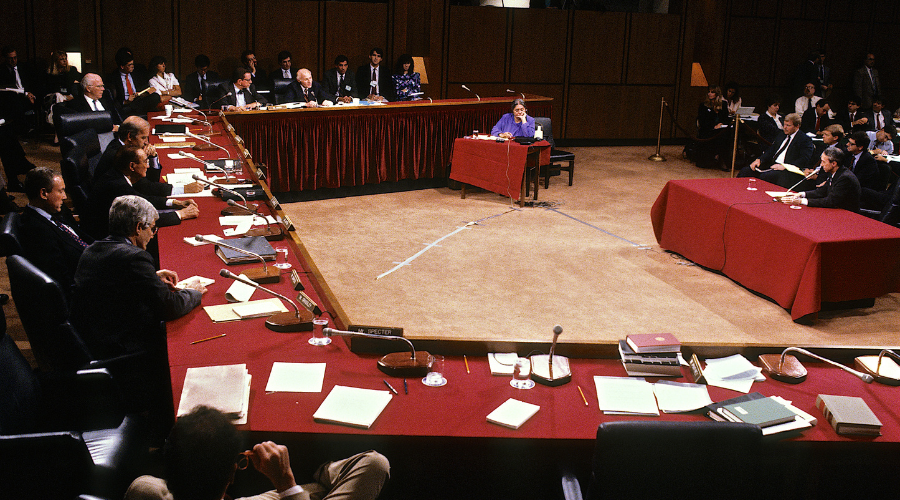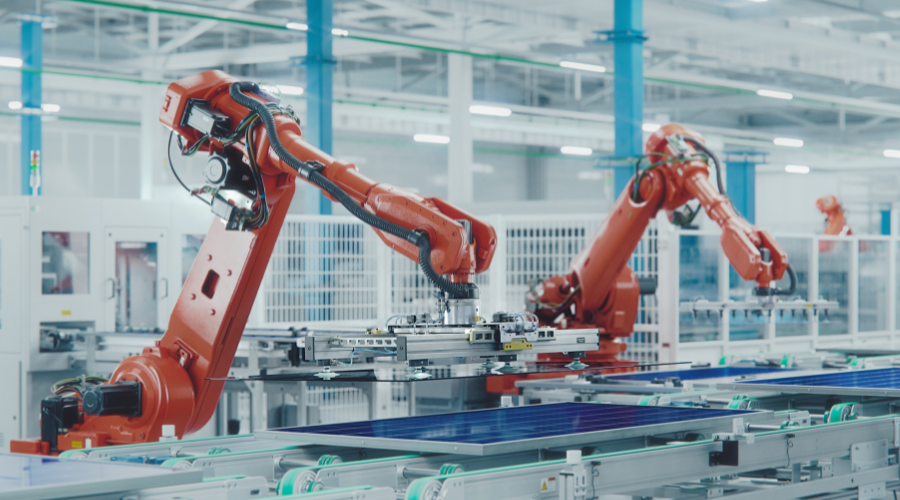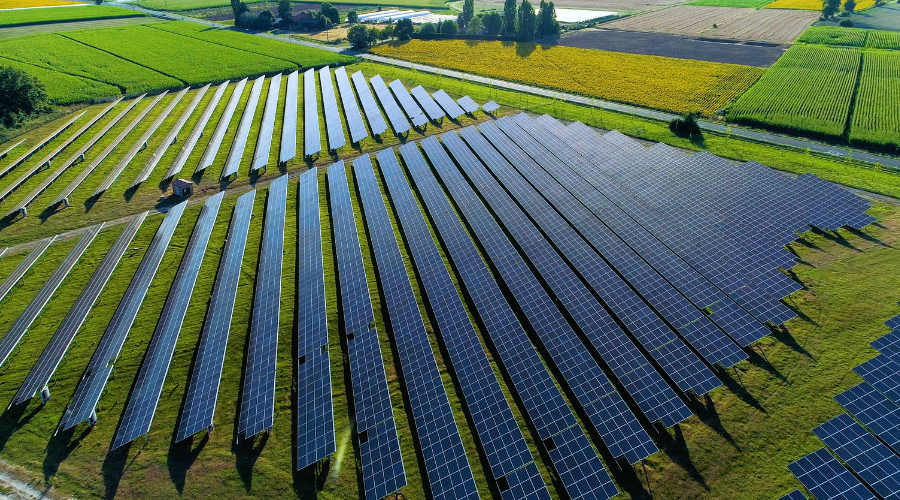President Joe Biden exercised his veto power on Tuesday, rejecting a bill that aimed to reinstate tariffs on solar panels imported from Southeast Asia. The White House justified the decision by emphasizing the need to preserve the supply chain while promoting domestic solar panel production and the expansion of solar installations within the United States.
In June 2022, the White House granted 24-month waivers exempting tariffs on solar panels manufactured in Malaysia, Cambodia, Vietnam, and Thailand. These countries contribute approximately 80% of the solar panels imported by the US. The imposition of tariffs during the Trump administration in 2018 had caused a scarcity in the supply chain, resulting in significant delays and cancellations of numerous solar projects, as reported by the Solar Energy Industries Association (SEIA), a lobbying group representing the industry.
According to a report from the Energy Information Administration, around 20% of planned solar projects faced delays in the first half of 2022. To address the situation, a bipartisan resolution passed by Congress sought to reinstate the tariffs, arguing that they were necessary to maintain the competitiveness of the American solar industry. Representative Bill Posey, a Republican from Florida and the bill’s sponsor, expressed concerns about the Chinese Communist Party gaining an increasing share of the solar market.
However, the White House countered these arguments, asserting that the exemptions were essential to facilitate the growth of domestic manufacturers. President Biden stated in a Tuesday statement that the exemptions would ensure a thriving solar installation industry capable of deploying American-made solar products across the nation once new factories were fully operational. He also made it clear that he did not intend to renew the waivers when they expire in June 2024.
The Commerce Department conducted an investigation last year, revealing that several Chinese solar panel manufacturers were attempting to bypass tariffs by completing production in other countries. Representative Dan Kildee, a co-sponsor of the bill from Michigan, criticized the veto, claiming that the Biden administration’s investigation had confirmed Chinese companies’ violation of the law, but the president’s decision failed to hold China accountable and negatively impacted American workers.
Reuters reported that overriding the veto would require a two-thirds majority in both the House and Senate, a level of support that proponents of the bill did not seem to have. The SEIA warned that reinstating the tariffs would impede development and result in the loss of approximately 30,000 jobs. Abigail Ross Hopper, CEO of the association, applauded Biden’s veto, stating that it reaffirmed the administration’s commitment to providing certainty for businesses operating in the clean energy sector.


